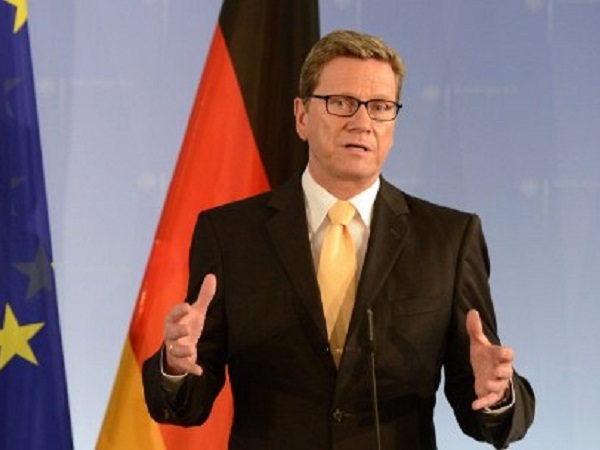CAIRO: The European Union s (EU) Commissioner for Health and Consumer Protection Markos Kyprianou met yesterday with Prime Minister Ahmed Nazif and Minister of Health Hatem El Gabali to discuss the government s strategy to combat the avian flu as well as health-related trade issues.
Kyprianou s visit was originally planned for later in the year, but it was rescheduled at the last minute due to the arrival of the avian flu virus to the country.
Kyprianou, whose portfolio covers both public health and livestock in addition to consumer protection for food and non-food products, says that while the virus is at present predominantly an animal disease, closer regional cooperation is necessary to eradicate the disease.
The virus is extremely contagious amongst poultry, but all reported human deaths from the disease are the result of infection from birds. Health officials fear that the continued spread of the virus may cause its mutation into a strain that is communicable from human to human.
Eliminating the virus will be impossible without coordinated measures, explains Kyprianou, because the disease can continue to spread from country to country through migratory birds. The situation is also exacerbated by the uncontrolled trade of products derived from infected birds.
Following his meeting with Nazif and El Gabali, Kyprianou says that the government is moving in the right direction to contain the virus but that it needs to cooperate both regionally and internationally. Part of the purpose of his visit is therefore to investigate areas where the EU can support the government s action plan for the disease.
Strict bio-security measures are also necessary to prevent the contamination of commercial poultry farms. These measures include requiring workers to thoroughly cleanse themselves upon entry and exit of farms and the regular sweeping of roads leading to farms to prevent the contamination from droppings of migrating birds.
Vaccination of poultry is amongst the most contentious measures of combating the disease. The vaccines currently available are not fully effective and may increase the proliferation of the disease due to the difficulty of distinguishing between vaccinated and infected birds. Vaccinated birds can also carry the virus and transmit it to other birds without themselves becoming infected.
The EU therefore initially banned the import of vaccines. It has now allowed farmers to vaccinate their livestock as a preventative measure provided that they implement other bio-security precautions.
Egypt had also initially prevented the import of bird flu vaccines for poultry. A committee charged by the government to address this matter decided last month to allow farmers to import the vaccine for the H5N1 strain of the virus from China.
On other fronts, Egyptian businesses are keen for broader access to Europe s food market. Mahmoud El Kaissy, chairman of the Confederation of Egyptian European Business Associations, says that while he respects the EU s right to protect its consumers with stringent safety standards for food and agricultural produce, Egyptian businesses need assistance to comply with such standards.
El Kaissy cites the Industrial Modernization Center, a project supported by the EU that improves the export-readiness industrial companies, as a model for a similar project that is needed for Egypt s food industry.
The procedures necessary to meet Europe s safety standards are extensive, according to Kyprianou, but the EU is prepared to assist countries to meet these standards.
Compliance with the EU standards on product safety would give Egyptian businesses access to the world s largest food market. Furthermore, Kyprianou adds that the EU s requirements are amongst the most stringent in the world, and compliance with its requirements will therefore facilitate access to the food market in the United States and other countries.
Egypt s trade relationship with the EU is governed by an Association Agreement that was signed in 2004. The agreement covers a number of areas of technical cooperation.
The EU and the Egyptian government are now in the process of negotiating an action plan within the framework of the European Neighborhood Policy, which aims for closer economic integration between the EU and neighboring countries in exchange for economic and political reform commitments.
Klaus Ebermann, the head of the EU delegation in Egypt, says that the current level of trade and cooperation between Europe and Egypt is but a foretaste of the extent of bilateral relations that he expects once the action plan is finalized and implemented.
